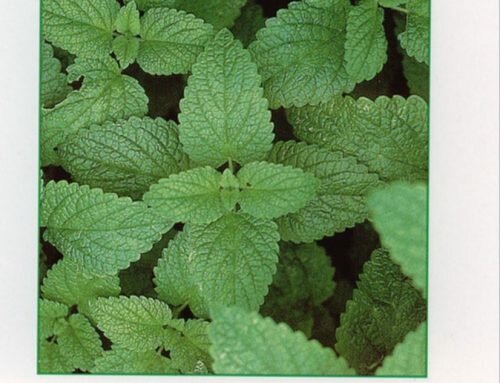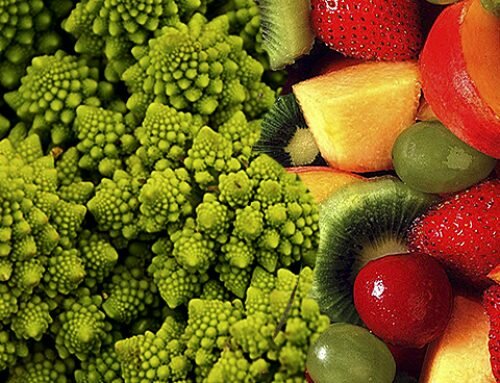Inflammation and oedema are the two main events of Apis.
They can co-exist or being in succession, but the action is always immediate and violent.
You have to remember that even when Apis is feverish never thirst and he is getting worse and more restless with the heat.
The aggravation is with the heat of all kinds, in a warm room or closed when tapped, the pressure, after sleeping at night, with the humidity.
The improvement is outdoors, with a cold bath, cold applications, wetting the affected part with cold water, discovering, during the day, while standing.
The mental symptoms are characterised by sadness and melancholy, he despairs without knowing why, crying for no reason. He can not keep from screaming. He has indifference to anything that could make him happy. It does not give importance to what causes him pain. It is extremely irritable, restless, suspicious, jealous. It has a strong nervous weakness: drop objects that pick up (as Agararicus and Bovista). In acute conditions we were in awe that can reach up to coma and convulsions shook the limbs. The unconscious is with flushed face, stained, with convulsive agitation of the head, turning from side to side (as in Belladonna and Helleborus), the sufferer tries to sink it on the pillow uttering inarticulate cries and insightful. A key symptom is the absence of thirst, even during fever.
The respiratory system is characterised by inflammation of pharyngeal mucosa red, shiny, glazed, oedema of the soft palate and uvula oedema which hangs between two pillars like a bell, tightness continues with stinging and burning that gets worse with the heat (instead Kali bichromicum improves with heat and false membranes). Oedema of the glottis. Suffocation worsens in a room too hot. Feeling as if every breath would be the last, with dry cough and short.
Relationships are with Belladonna, Helleborus (was nervous), Arsenicum, Kali carb, Pulsatilla (general signs).
The indication of Apis is more often a subject for Natrum mur tuberculin (Children returning from the sea)
Incompatibility: Rhus tox
Complementary: Natrum mur.





